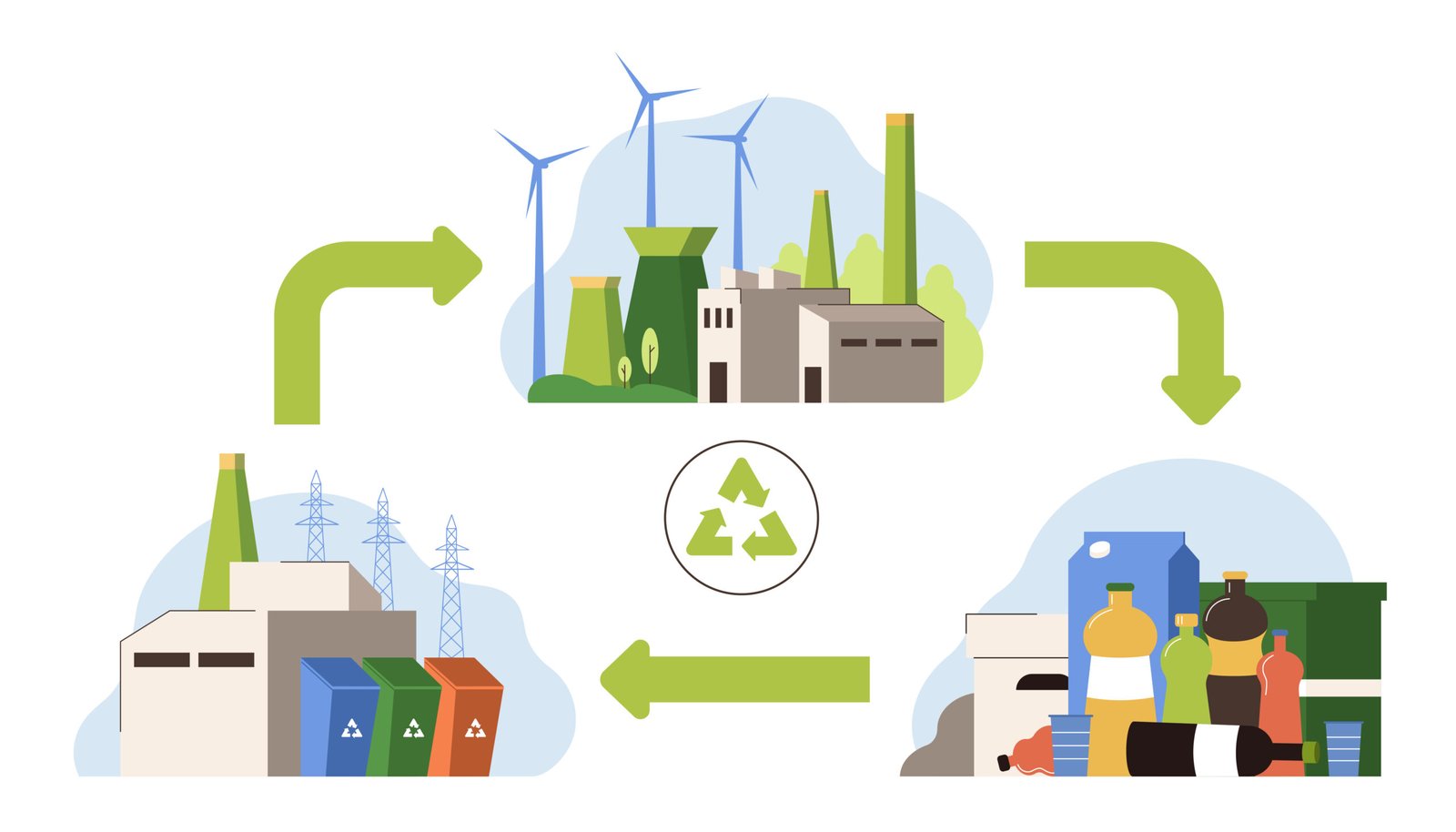In an era where sustainability and efficiency define the future of urban living, waste management systems are evolving to meet the needs of growing populations and environmental concerns. One of the most innovative solutions gaining momentum is the solar power trash compactor. This intelligent, eco-conscious device combines renewable energy with cutting-edge compaction technology to solve two pressing issues: waste overflow and excessive energy use.
The Need for Smarter Waste Management
Urban environments produce immense quantities of waste daily. Traditional waste bins fill quickly, leading to unsightly overflow, increased collection frequency, and higher fuel consumption for garbage trucks. These inefficiencies not only cost municipalities more money but also contribute significantly to environmental pollution and carbon emissions.
A solar power trash compactor addresses these challenges head-on. Equipped with solar panels, these units harness the power of the sun to compact trash at the source, reducing the volume of waste by up to five times. This means fewer collections, less fuel burned, and a cleaner, more efficient cityscape.
How the Technology Works
The solar power trash compactor operates on a straightforward but powerful principle. A solar panel mounted on the unit collects and stores solar energy during the day. This energy powers an internal compaction system that compresses trash when the bin reaches a certain level. Many models also feature sensors that monitor fill levels and send alerts when it’s time for collection, further optimizing waste management logistics.
The use of renewable energy makes these compactors not only cost-effective but also environmentally friendly. They reduce dependency on traditional electricity sources, minimize the need for frequent garbage truck deployment, and contribute to cleaner urban spaces.
Benefits Beyond Compaction
The advantages of a solar power trash compactor extend beyond just reducing waste volume. They represent a strategic shift in how cities approach cleanliness and efficiency:
- Energy Efficiency: By relying on solar power, these compactors eliminate the need for external power sources, making them ideal for remote or high-traffic public spaces.
- Cost Reduction: Lower collection frequency translates into reduced operational costs for municipalities and private waste management services.
- Hygiene and Cleanliness: By preventing waste overflow, these bins promote cleaner public areas, reducing pest infestations and unpleasant odors.
- Smart Integration: Many units are equipped with IoT connectivity, allowing for real-time data collection and remote monitoring, making route planning and maintenance far more efficient.
Applications in Urban Infrastructure
Solar power trash compactors are now found in parks, city streets, beaches, campuses, and other public areas. Their ability to operate independently of the electrical grid makes them particularly valuable in locations where traditional waste infrastructure is lacking or hard to maintain.
Furthermore, the presence of these compactors sends a clear message to the public: that the city values innovation, sustainability, and cleanliness. This subtle but powerful impression can boost civic pride and encourage better waste disposal behavior among citizens.
A Solution Aligned with Vision 2030
For cities aligning with forward-thinking national agendas such as Vision 2030, integrating solar-powered compactors into their waste management strategy supports broader goals of sustainability, energy efficiency, and smart infrastructure development. These devices are more than just bins; they are a symbol of progressive urban planning.
Long-Term Sustainability Impact
Over time, the use of solar power trash compactors can significantly lower carbon emissions associated with waste collection. With fewer truck rolls needed and more efficient use of resources, cities can make meaningful progress toward reducing their overall environmental footprint. Moreover, the reduced strain on landfills due to compacted waste further supports ecological balance.
The materials used in manufacturing these units are also often recyclable and built for durability, reducing the need for frequent replacements. All of these factors combined make the solar power trash compactor a long-term investment in both operational efficiency and environmental stewardship.
The Future of Waste Management
As urban spaces continue to expand, the demand for smart, efficient waste solutions will only grow. Solar power trash compactors provide a scalable, sustainable answer to this challenge. Their adoption is a step toward more intelligent city planning, where technology and sustainability go hand in hand.
Investing in solar power trash compactors is not merely a logistical upgrade—it is a commitment to cleaner cities, reduced environmental impact, and a future powered by renewable energy.
In conclusion, embracing this technology is not just about managing waste better; it’s about envisioning a smarter, greener world where every small change adds up to a significant impact. With solar power trash compactors, cities can take one big step closer to that future.
